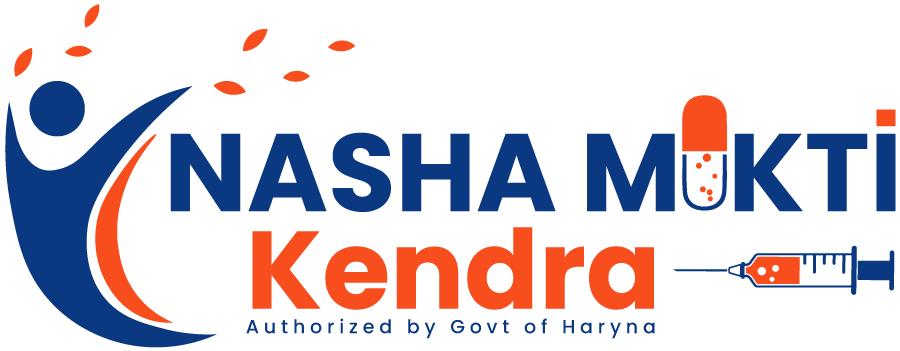
Understanding the Family’s Role in Recovery
Addiction doesn’t only affect the individual—it impacts the entire family. When a loved one struggles with substance abuse, it creates emotional, financial, and psychological strain on family members. Often, families feel helpless, frustrated, or even guilty. At Nasha Mukti Kendra, we firmly believe that recovery is not a solo journey. Family support plays a vital role in healing and long-term sobriety.
Breaking the Cycle of Blame and Silence
One of the first steps in involving families is breaking the cycle of blame and denial. Many families hesitate to speak about addiction due to shame or social pressure. This silence can prolong the addiction and delay recovery. Through family counseling, we help open lines of communication, allowing loved ones to express their pain and begin understanding addiction as a disease—not a moral failing. Acknowledging the problem together sets the tone for recovery.
How Family Therapy Helps
We offer structured family therapy sessions where trained counselors guide conversations and resolve deep-seated issues. Family therapy focuses on rebuilding trust, improving communication, and setting healthy boundaries. It also educates family members about triggers, relapse signs, and how to provide support without enabling destructive behavior. These sessions are often emotional, but they allow both the recovering individual and their loved ones to grow and heal together.
Educating the Family About Addiction
A key part of family involvement is education. Many people don’t fully understand how addiction works. At Nasha Mukti Kendra, we conduct workshops and seminars for families to help them understand the science of addiction, the stages of recovery, and the emotional challenges involved. When families are informed, they can provide better support and avoid actions that may unintentionally cause setbacks.
Creating a Healthy Home Environment
A peaceful, supportive home environment can make all the difference. After treatment, the recovering person needs to return to a space where they feel safe, understood, and encouraged. We guide families on how to create such an environment—free from old triggers, judgment, and stress. Positive routines, open communication, and shared activities can strengthen bonds and promote emotional stability.
Family as a Long-Term Recovery Partner
Addiction recovery is not complete after detox or rehab; it is a lifelong process. Family support is crucial during this long-term journey. Regular check-ins, shared goals, and involvement in aftercare plans help prevent relapse. Even when challenges arise, knowing that family members are by one’s side offers immense strength and motivation.
Conclusion: Strong Families, Strong Recoveries
At Nasha Mukti Kendra, we’ve seen time and again how families can be the strongest pillar of recovery. When loved ones stand united, the person struggling with addiction gains the confidence and emotional support to fight their battle. By educating families, encouraging open dialogue, and involving them actively in the recovery process, we don’t just heal the individual—we heal relationships. Because recovery is not just about sobriety, it’s about rebuilding lives together.

